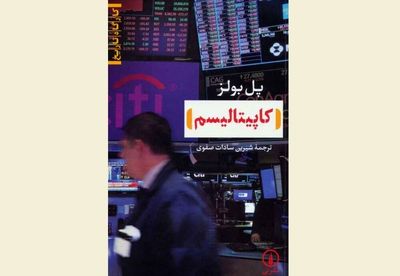Capitalism stands unrivaled as the economic system of our times. Since the collapse of the Soviet bloc, the world has become a stage for capital, and yet despite this dominance, capitalism is still not well-understood.
The book is a guide to thinking about capitalism, both as an ideology and as an economic system.
It asks: what are the central, unchanging features of capitalism? How does capitalism vary from place to place and over time? Does capitalism improve our lives? Is capitalism a system which is “natural” and “free?” Or is it unjust and unstable? And what about today’s global capitalism?
Answers to these questions and many more are sought through an analysis of the life of this world-shaping idea and of the writings of leading thinkers such as Adam Smith, Milton Friedman, Francis Fukuyama, John Maynard Keynes and Karl Marx.
The book concludes by arguing that the advocates of global capitalism have erred and that, without change, we are heading for an impoverished future.
Paul Bowles is a professor at the University of Northern British Columbia. He is preparing a new version of his book on capitalism.
He is currently working on a number of research projects. The first concerns how China manages its currency, the renminbi. The exchange rate regime has become a little more flexible but the reasons why China persists with this regime have perplexed scholars.
The second, also funded by SSHRC, examines how northern BC is globalizing. The region has long been integrated into world markets but, in the current period, this is marked by a greater role for Asia and in the context of neoliberal domestic policy.
A third project is looking at the rise of fringe financial institutions, such as payday loan lenders, and analyzing why individuals use them.
Source:Tehran Times

